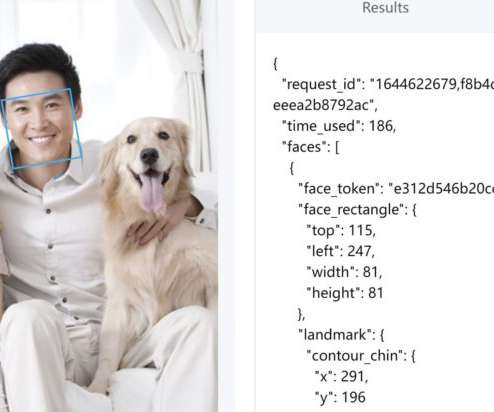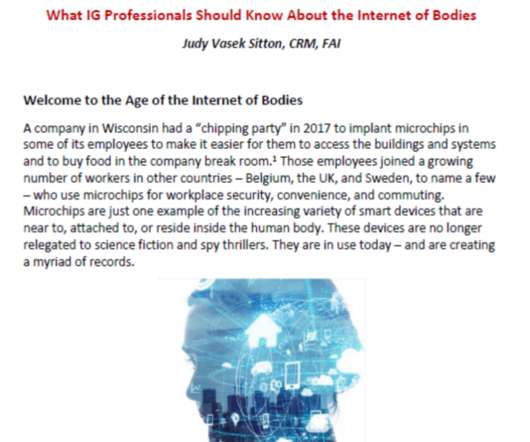Data privacy examples
IBM Big Data Hub
APRIL 24, 2024
An online retailer always gets users’ explicit consent before sharing customer data with its partners. A navigation app anonymizes activity data before analyzing it for travel trends. One cannot overstate the importance of data privacy for businesses today. The app heavily encrypts all user financial data.














Let's personalize your content